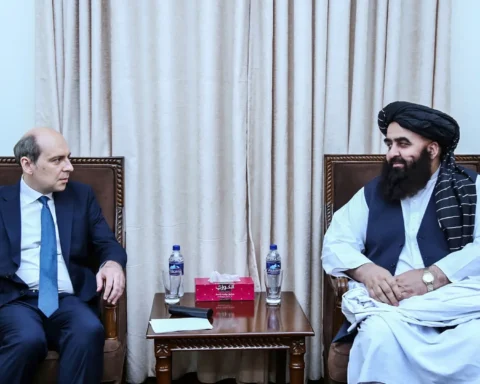A significant move towards global economic equality has been proposed by finance ministers from the G20 nations.
The ministers have unanimously agreed on a strategy to impose a 2% wealth tax on billionaires worldwide. This initiative aims to close the gap between the wealthy and the rest of the population, while also addressing pressing global issues like poverty and climate change.
Proposal and Rationale
In a joint statement, finance ministers from Brazil, Germany, Spain, and South Africa emphasized the importance of the wealth tax in creating a fairer global tax system. “It is time that the international community gets serious about tackling inequality and financing global public goods,” they declared. The proposal targets approximately 3,000 individuals globally, whose collective wealth significantly exceeds that of the bottom 50% of the world’s population.
Economic Impact
Economist Gabriel Zucman’s report, commissioned by Brazil, reveals that billionaires currently pay an average of just 0.3% of their wealth in taxes. Implementing a 2% tax could generate between $200 billion and $250 billion annually, funds that could be directed towards essential services like education, healthcare, and combating climate change. Brazil’s President Luiz Inácio Lula da Silva highlighted the necessity of this tax, pointing out the disproportionate tax burden currently borne by the working class compared to the super-rich.
Read More; President Samia Urges NDC Graduates’ Contribution
International Support and Opposition
While the proposal has garnered support from countries like France, Spain, and South Africa, it faces opposition from others, notably the United States. U.S. Treasury Secretary Janet Yellen has expressed skepticism, stating that global tax coordination is challenging and not necessarily desirable. Despite this, the call for a wealth tax resonates with many, including Nobel laureate Joseph Stiglitz, who advocates for a minimum global tax rate on billionaires to address the persistent issue of tax avoidance through tax havens.
Future Prospects
The wealth tax proposal, though still in its nascent stage, signifies a critical step towards global fiscal reform. It aims to ensure that high-net-worth individuals contribute their fair share to society. The ministers’ statement underscores the need for a tax system that provides certainty, raises sufficient revenues, and treats all citizens fairly. The upcoming G20 summit will further discuss and potentially finalize the details of this groundbreaking initiative.






